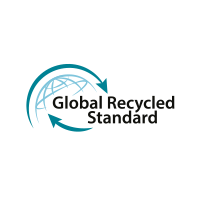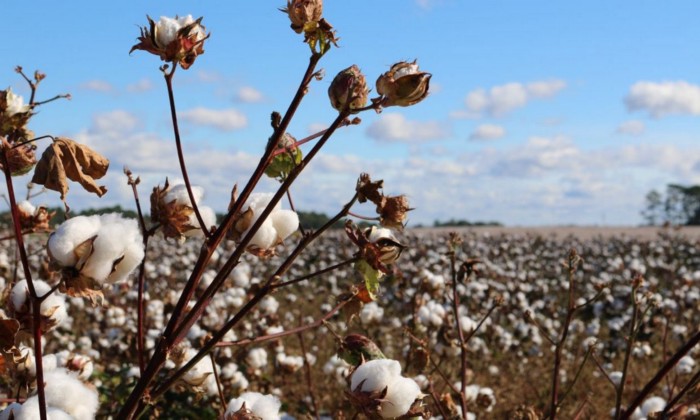In our commitment to resolve the problems rampant in the textile supply chain in India, Locofast leveraged our proprietary technology platform in order to help all the players in the industry. Our customers can place bulk orders for textiles using the Locofast mobile application that is not only simple and easy to use but also offers extensive customization options including particular thread counts, GSM, loom type, and even their preferred rate. For the partners who bid on and supply these orders, Locofast has generated consistent business opportunities with guaranteed returns.
While this switch to a completely virtual mode has streamlined the supply chain exponentially, it has taken away from customers the experience of quality assessment and the promise of quality assurance. It is keeping this in mind that Locofast has sought various certifications from internationally recognized boards and standards that testify not only to the purity, quality, and craftsmanship of the products we deliver but also to the excellence of the services that we offer.
Organic 100 Content Standard (OCS 100)

The Organic 100 Content Standard is a certification provided to all products that contain at least 95% organic material. With its quality verification being conducted by a third party, the process of evaluation is completely transparent, independent and consistent from the beginning to the end of the supply chain. It is issued by Textile Exchange, an international not-for-profit organization that was established in 2003 which seeks to inspire and equip people to advance sustainable practices in the textile industry. All our partner mills have OCS100 certifications that testify to the quality of products manufactured.
Global Organic Textile Standard (GOTS)

The Global Organic Textile Standard is a universally recognized standard that testifies to the purity of the textile product. It tests for the use of toxic substances, dyes, and other chemicals that may be used in any step of the textile supply chain from production to distribution. The standard was created by the eponymously titled GOTS organization– comprising four well-reputed international organizations from the USA, Germany, UK, and Japan– that seeks to encourage organic processes of production using environmentally and socially conscious practices. All the services that Locofast offers are GOTS approved, which means that our customers get only the finest quality products free of any external adulteration.
Global Recycled Standard (GRS)

The Global Recycled Standard tracks and verifies the percentage of recycled materials in the final product. It is used throughout the textile supply chain and tests the traceability, environmental principles, social requirements, chemical content, and the labeling process, and is issued to all products with a minimum of 20% recycled material. This is done in an effort to increase the use of recycled material in products and further sustainable practices in the textile industry. Although the GRS is set by Textile Exchange, it can be applied beyond textiles to any products that contain cycled content. All the Locofast partner mills have been issued the GRS certification which attests to the fine quality of their recycled products.
Recycled Claim Standard (RCS 100)

Developed by the Material Traceability Working Group, the Recycled Claim Standard is used to track recycled raw material through the textile supply chain. It can be used on any product that contains at least 5% recycled material from the beginning till the end of the production process. The standard helps increase the use of recycled materials, encourages sustainable buying practices in the consumers, as well as reduces the harmful impact of the production process on the environment. It is issued by third-party certifiers who independently check, verify, and issue the certification. All our partners involved in recycling textiles within their production processes have been issued the RCS standard.
All these certifications exceed the industry standards for textile-related products in India, and in doing so, also set a new benchmark for it. They not only promise excellent quality, transparent services, and value-for-money, but also encourage sustainable production, manufacturing, distribution, and consumption practices.
